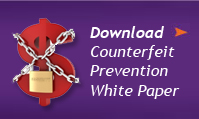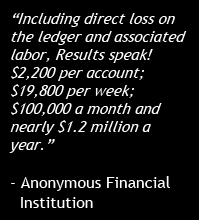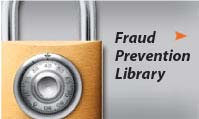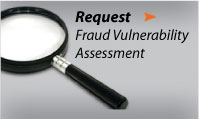
Act Bank & Bank Compliance Secrecy Act
Comply with Anti-Money-Laundering Regulations; Cut Down on Fraud Losses;  Avoid Hefty Fines
Avoid Hefty Fines
The Bank Secrecy Act (“BSA”), requires financial institutions in the United States to cooperate with and assist U.S. government agencies to detect and prevent money laundering.
What does BSA Require?
Specifically, the act requires financial institutions (a) to keep records of cash purchases of negotiable instruments, (b) to file reports of cash purchases of these negotiable instruments and (c) to report suspicious activity that might signify money laundering, tax evasion, or other criminal activities.
Who must comply with BSA?
It is important to note that, for purposes of the BSA, the term “financial institution” is not restricted to only banking and credit unions, but also refers to any business that handles “covered accounts”. This can include casinos, money transfer centers, securities dealers, and businesses that sell cashiers checks, money orders, and more.
Several anti-money laundering acts, including provisions in title III of the USA PATRIOT Act, have been enacted to amend the BSA. BSA is the regulation under which several other regulations such as CIP and Title 31 fall.
Complying with BSA
From a fraud prevention perspective, BSA drives many of the identification gathering and authentication requirements under federal law. The BSA regulations require all financial institutions to submit a variety of reports to the government to record qualifying financial transactions.
Currency Transaction Report (CTR)
Cash transactions in excess of $10,000 during the same business day. The amount over $10,000 can be either from one transaction or a combination of cash transactions. CTR’s are filed with the Internal Revenue Service.
Monetary Instrument Log (MIL)
Cash purchases of monetary instruments, such as money orders, cashier's checks and travelers checks, totaling from $3,000 to $10,000. This form is required to be kept on record at the financial institution, and produced at the request of examiners or audit to verify compliance. A financial institution must maintain a Monetary Instrument Log for 5 years.
Suspicious Activity Report (SAR)
Any cash transaction where the customer seems to be trying to avoid BSA reporting requirements (e.g., CTR, MIL). A SAR must also be filed if the customer's actions indicate that s/he is laundering money or otherwise violating federal criminal law. The customer must not know that a SAR is being filed. These reports are filed with the Financial Crimes Enforcement Network ("FinCEN").
Sanctions
There are stiff penalties for individuals and institutions that fail to file CTRs, MILs, or SARs. There are also penalties for those that disclose to its clients that it has filed a SAR about a client. Penalties include extremely high fines and long prison sentences if found guilty.















